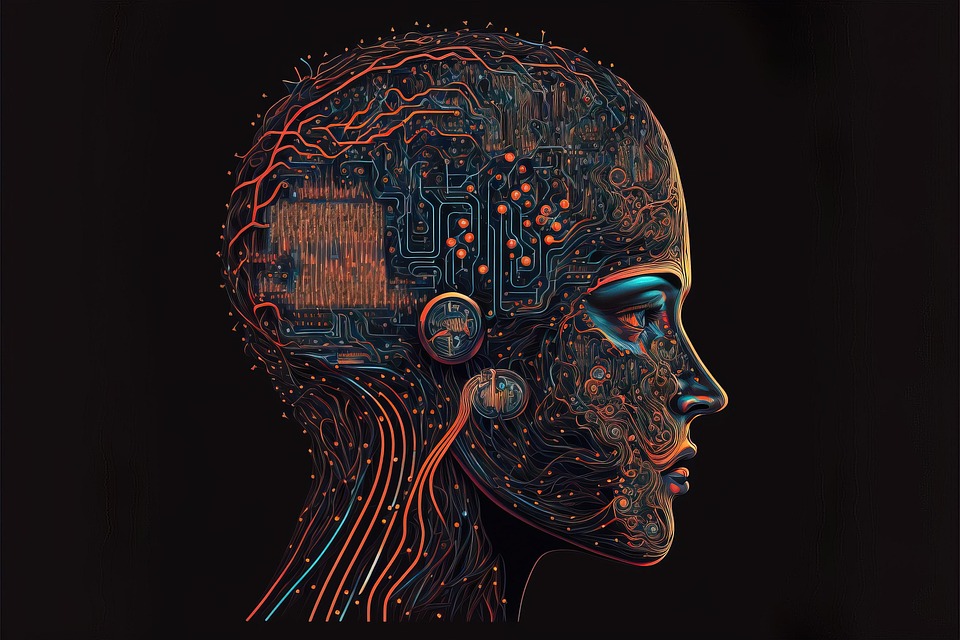Ethics in AI: Navigating the Moral Dilemmas of Intelligent Machines
As artificial intelligence (AI) continues to evolve and permeate various facets of society, the ethical implications surrounding its use have increasingly come to the forefront of public discourse. From self-driving cars to advanced algorithms determining hiring practices, our interactions with intelligent machines raise pivotal moral dilemmas that must be addressed to ensure a responsible and fair technological future.
The Rise of AI and Its Societal Impact
AI technologies have shown tremendous potential in augmenting human capabilities, streamlining processes, and enhancing decision-making across diverse sectors such as healthcare, finance, education, and entertainment. However, with every advancement comes a set of ethical challenges. The infusion of machine intelligence into everyday lives is not just a technical matter; it necessitates a thorough examination of the underlying moral frameworks that guide their development and application.
Key Ethical Considerations in AI
1. Bias and Fairness
One primary concern in AI ethics is the potential for bias in algorithmic decision-making. AI systems learn from vast datasets that often contain inherent biases reflective of societal inequalities. For instance, facial recognition technology has shown higher error rates in identifying individuals from minority backgrounds, leading to significant concerns regarding discrimination and fairness. Ensuring that AI systems operate without bias requires ongoing scrutiny of data sources, transparency in model development, and the implementation of fairness frameworks.
2. Accountability and Responsibility
As AI systems become increasingly autonomous, the question of accountability becomes acute. Who is responsible when an AI system causes harm? This dilemma is particularly pronounced in scenarios such as autonomous vehicles, where accidents can occur due to algorithmic errors. Establishing clear lines of accountability—whether it be the developer, the user, or the organization deploying the technology—is crucial for fostering trust and safety in AI applications.
3. Privacy and Data Security
The extensive data collection required to train AI systems raises serious privacy concerns. Users often unknowingly provide personal information that can be exploited or mishandled. Companies must prioritize data security and adopt ethical data practices that ensure user consent and protect sensitive information. Ethical frameworks must guide the handling of data throughout the AI lifecycle, ensuring compliance with regulations like GDPR and prioritizing user privacy.
4. Autonomy and Human Decision-Making
AI systems increasingly assist—and in some cases, replace—human decision-making processes. This shift raises concerns about the erosion of human autonomy and the potential for overreliance on technology. Ethical AI design must consider how these systems impact decision-making authority and ensure that humans retain agency over critical life choices. Designers must strike a balance that leverages AI’s capabilities while preserving human oversight and ethical judgment.
5. Societal Impact and Job Displacement
The integration of AI into various industries poses a significant risk of job displacement, raising important questions about social equity and economic disparity. While AI can create new job opportunities, it is imperative to address the potential consequences on workers displaced by automation. Ethical considerations must encompass workforce retraining, the creation of new job categories, and policies that support the transition of displaced employees.
The Path Forward: Developing Ethical AI
Addressing these ethical dilemmas requires collaboration among technologists, ethicists, policymakers, and the public. Several strategies can guide the development of ethical AI:
1. Establishing Regulatory Frameworks
Governments and international bodies need to create regulatory frameworks that provide clear guidelines for AI development and deployment. These regulations should encompass ethical standards and accountability measures that safeguard against misuse and ensure compliance with societal values.
2. Promoting Diversity in AI Teams
Building diverse teams in AI development is vital for creating systems that are comprehensive and representative of all societal segments. Diversity ensures a broader range of perspectives, which can mitigate biases and foster more equitable solutions.
3. Enhancing Public Awareness and Education
Promoting public understanding of AI and its implications is crucial. Education initiatives can empower individuals to engage in meaningful dialogue about AI ethics and advocate for transparent practices, ultimately fostering societal wellness.
4. Implementing Ethical Guidelines and Audits
Organizations should adopt ethical guidelines for AI deployment and conduct regular audits to assess compliance with these standards. Often, independent audits can provide a neutral perspective on the ethical implications of AI systems and identify areas for improvement.
Conclusion
As intelligent machines increasingly influence our lives, navigating the moral dilemmas associated with their deployment is vital. By rigorously addressing ethical considerations such as bias, accountability, privacy, autonomy, and societal impact, we can create a responsible and equitable AI framework. Fostering collaboration among stakeholders, promoting education, and establishing robust regulatory measures will be key to ensuring that the future of AI aligns with our moral and ethical standards. Through thoughtful engagement, we can harness the potential of AI while safeguarding the values that define our humanity.
[modern_footnote_source_link]


























Add Comment